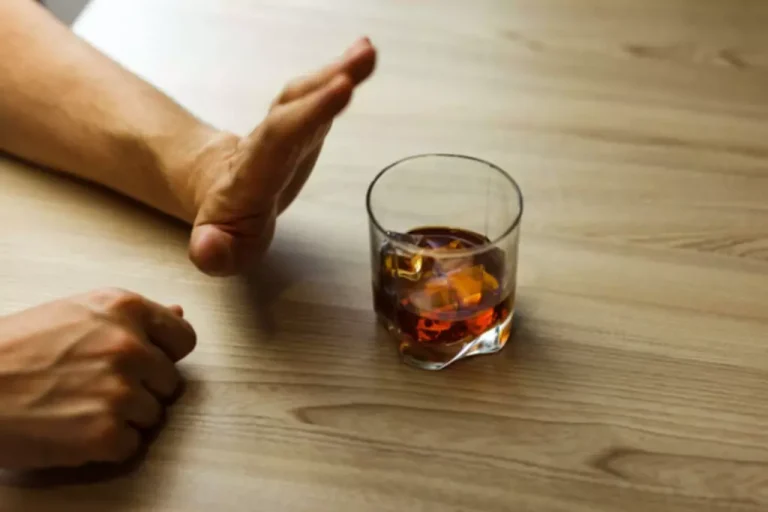- Mutlu Yaşam Alanları Sunuyoruz!
- +90 224 248 56 66
- info@dumanlargroup.com.tr
Alcohol Cravings and How to Beat Them
Blockchain Developers For Hire Dedicated Blockchain Builders
17 Temmuz 2024Los 10 Mejores Sitios De Chat De Video Para Conocer A Extraños Gracios
2 Ağustos 2024
Alcohol often acts as a coping mechanism for dealing with stress, anxiety, or other emotional challenges. When alcohol is removed from their lives, individuals may seek alternative ways why do alcoholics crave sugar to soothe their emotions. Sugar, with its pleasurable taste and ability to release dopamine in the brain, can temporarily mimic the comforting effects that alcohol once provided. Support groups, such as Alcoholics Anonymous (AA) or other recovery programs, offer a community of individuals going through similar experiences.
- Discover the benefits of rehabs in PA, from personalized care to supportive environments that rebuild lives.
- Support groups, such as Alcoholics Anonymous (AA) or other recovery programs, offer a community of individuals going through similar experiences.
- This activation of the reward pathway can contribute to the development of cravings for both alcohol and sugar.
- ‘ Understanding these cravings and managing them effectively can be a significant part of the recovery journey.
Dietary Impact on Recovery

When sugar cravings become problematic and start affecting overall well-being and recovery from alcohol addiction, it is recommended to seek professional help. Various treatment options and resources are available, including evidence-based approaches tailored to individual needs, to effectively address sugar cravings and maintain sobriety 3. The psychological factors behind sugar cravings in recovering alcoholics are complex and multi-faceted. Another factor contributing to sugar cravings in alcoholics is the addictive nature of both alcohol and sugar. Alcohol stimulates the release of dopamine, a neurotransmitter involved in the brain’s reward system. This surge of dopamine creates a pleasurable sensation, reinforcing the desire for alcohol.

The Dangers of Sugar Addiction in Alcoholics
Addressing the root causes of sugar cravings in recovering alcoholics through proper nutrition, hydration, and overall health is crucial. By focusing on a well-rounded diet that includes a variety of nutrient-dense foods, individuals can satisfy their cravings while nourishing their bodies. Incorporating a balance of fruits, vegetables, whole grains, lean proteins, and healthy fats can provide essential nutrients and help stabilize blood sugar levels.

Breaking the Cycle
Alcoholism is a complex condition that involves physical dependence on alcohol as well as psychological factors. People with this disease may experience withdrawal symptoms when they try to stop drinking, which can make it difficult to quit without professional help. While consuming too much sugar can have negative health consequences, it is unlikely to directly cause a relapse. However, if you find that your sugar cravings are becoming overwhelming or interfering with your recovery, it may be helpful to seek support from a therapist or support group.
- Explore effective medications to help stop drinking, and take a step towards liberating yourself from alcoholism.
- Striking a balance in sugar consumption is crucial to avoid such issues and maintain overall well-being.
- Symptoms of hypoglycemia can often overlap with those of intoxication, making it challenging to differentiate between the two.
- Many people believe that the body craving sugar after addiction is simply a natural response to the sugar content in alcohol, but there’s more to the story.
Our neurological pathways and memories are conditioned to respond with cravings, but our brains will continue to rewire themselves with a little planning, patience and time. As mentioned above, cravings result from either a withdrawal or the presence of a trigger. For those of us with sustained recoveries, the cues and triggers are typically the cause of our cravings. Discover the reasons people may become codependent and learn effective strategies for recovery. Discover the difference between substance abuse treatment centers vs addiction treatment centers. Discover what to do https://ecosoberhouse.com/ after alcohol detox treatment, from relapse prevention strategies to holistic recovery methods.
Endorphins, the body’s natural opioids, also play a role in sugar cravings. This suggests that sugar can elicit addictive-like behaviors by engaging the brain’s opioid pathways. Sugar and other replacement rewards are not enough to break the destructive cycle of a substance use disorder. If you wish to quit substance misuse, please consider professional addiction treatment services to receive a full range of interventions that can help ensure a successful recovery. Drinking alcohol creates a yo-yo effect with blood sugar, causing an initial spike followed by a dramatic crash.
- This can lead to cravings for other substances that stimulate the reward pathway, such as sugar.
- Explore student opioid addiction rehab options, from medications to tailored therapies, for reclaiming lives.
- Multivitamin and/or B vitamins can be helpful as well especially with heavy alcohol use.
- Discover what speed drug is, its effects, health risks, and the journey towards recovery and support.
- Remember, recovery is a journey, and it’s important to be kind and patient with yourself along the way.
- When it comes to alcohol and sugar, there is a clear link between the two.
A person may consume large amounts of sugar, experience a withdrawal period when trying to cut back, and then have intense cravings for more sugar. By incorporating these healthier alternatives into your diet, you can still enjoy a touch of sweetness without resorting to excessive sugar consumption. Remember, moderation is key, and it’s important to listen to your body’s cues for hunger and satiety. Cravings are just another side effect of the battle with addictive substances like alcohol. Fighting those cravings effectively is one of the main benefits of a long-term treatment plan.
What is Zohydro Addiction?
- “Do I have a hangover or alcohol poisoning?” Unravel the difference and know when to seek help.
- Sustainable recovery is possible and the best version of youself awaits at our Norcross addiction recovery center.
- This addictive nature of sugar can be particularly problematic for alcoholics, as it may exacerbate their struggles with alcohol use disorder.
- To fully resolve the root causes of addiction, you need professional support.
However, this depends on how much sugar one consumes during this time. Eating a balanced diet is one of the best things you can do to improve your health, regardless of whether you’re battling addiction. When they cut back or quit, their bodies crave the sugar rush they experienced when drinking. Compassionate evidence-based addiction care that delivers results.Find your peace and strength with us. Alcoholism is a chronic disease that affects millions of people worldwide. It’s characterized by an inability to control drinking habits, despite negative consequences, and wanting to quit despite being unable to.
